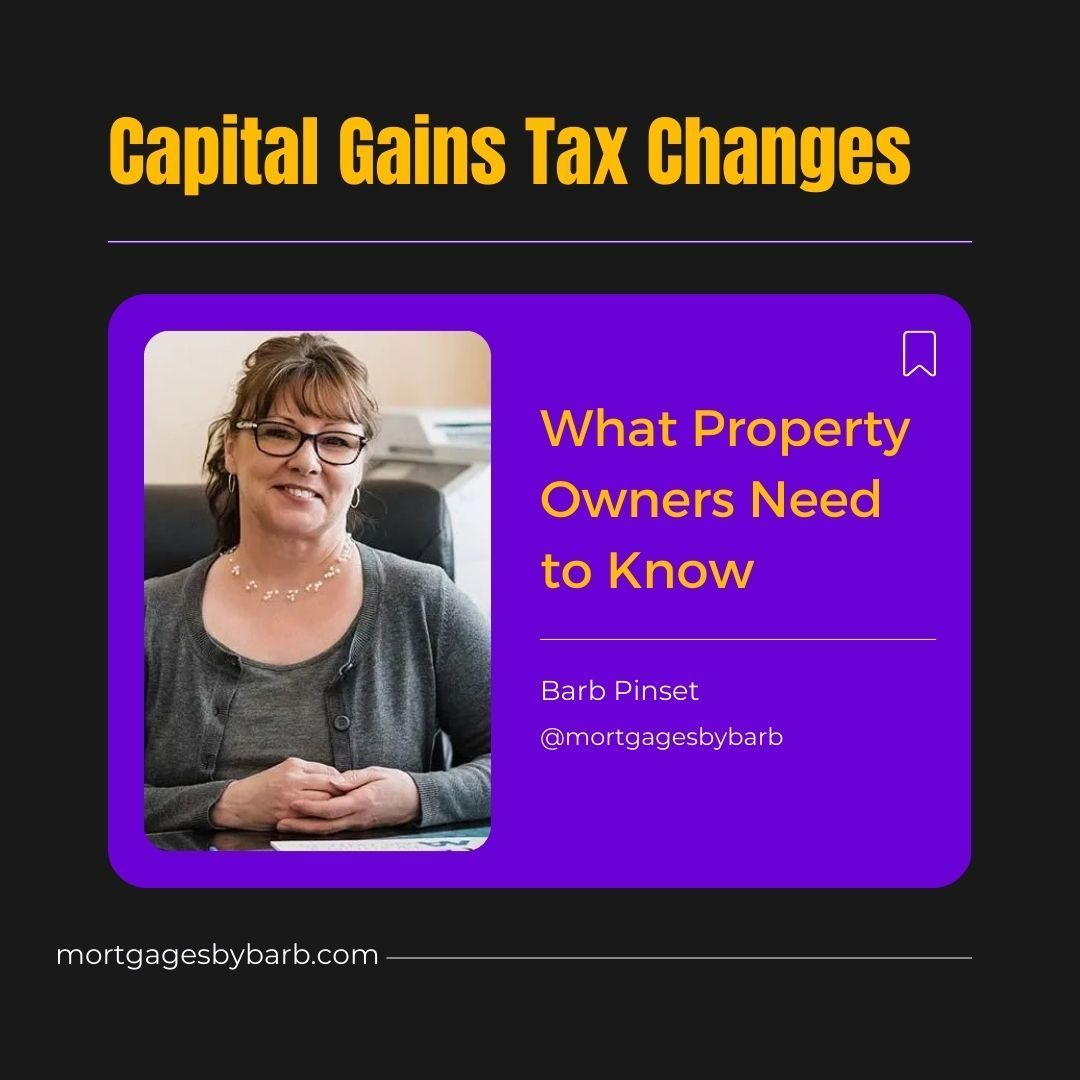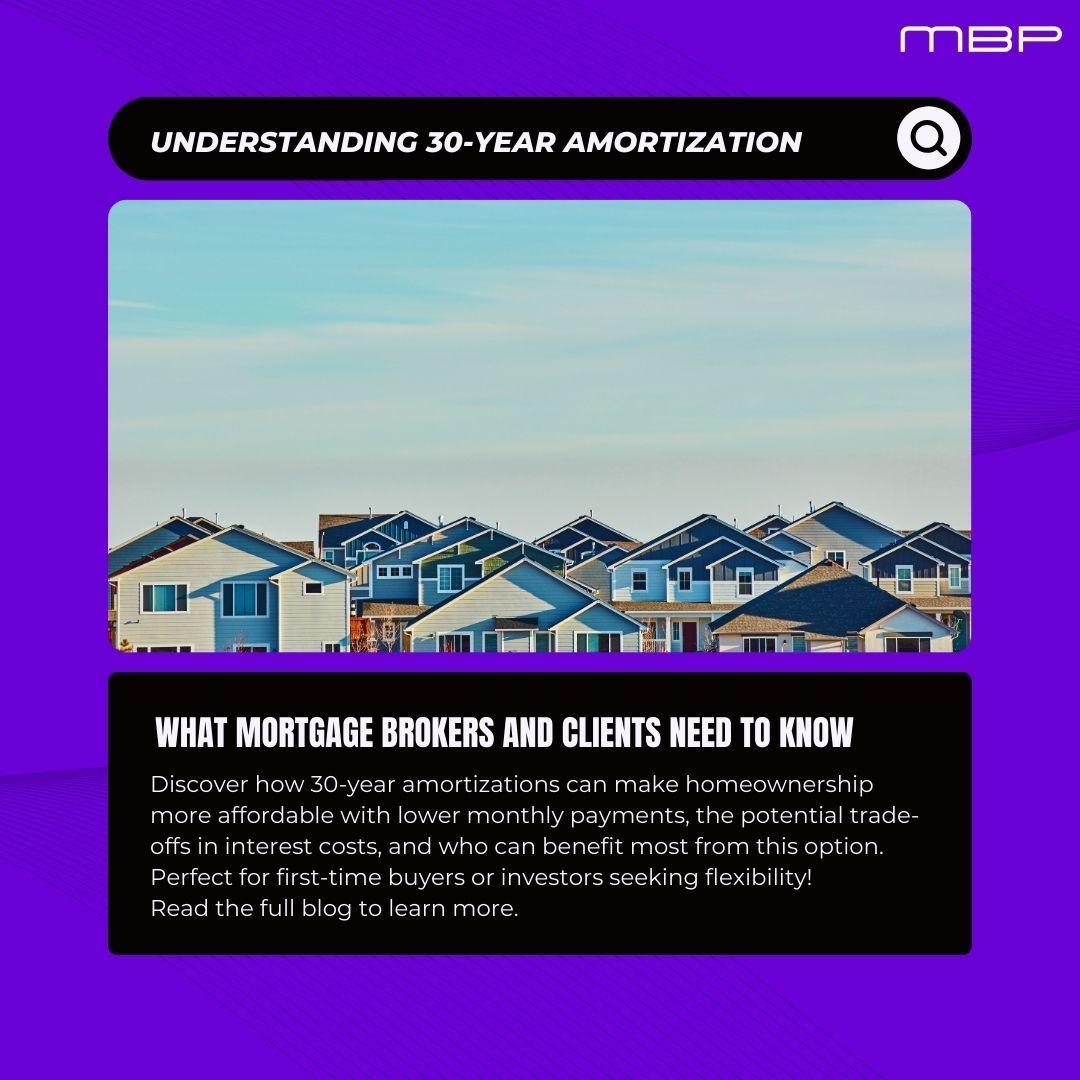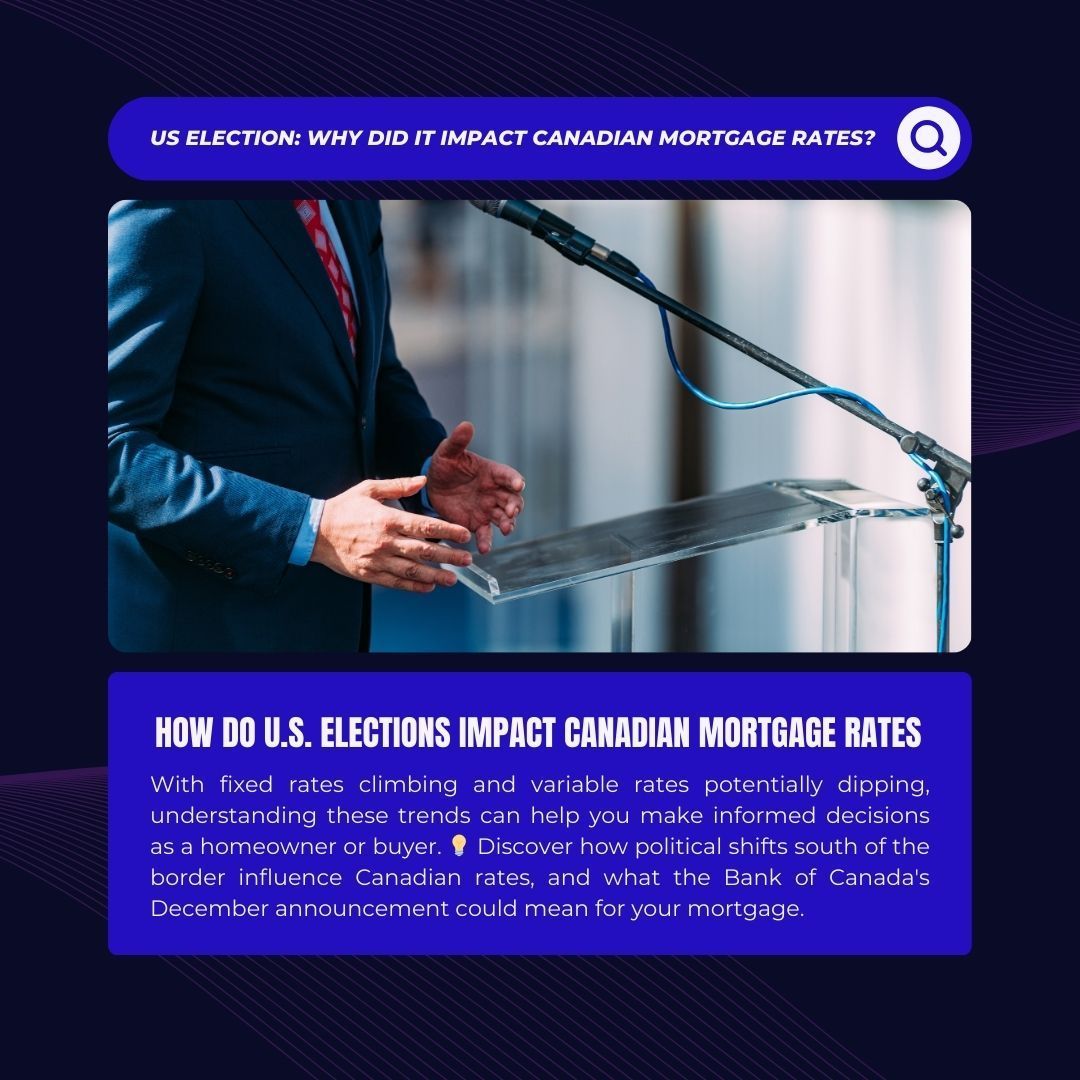A Self-Employed Guide To Buying A Home In 2024
Introduction:
If you’re self-employed, you're likely aware of the challenges that can arise when applying for financing. Make sure to mark March 15th on your calendar – it's a date that could make all the difference in your homeownership journey. Let's dive into a crucial tip to ensure a smooth ride through the mortgage process.

Understanding the Challenge:
When you're self-employed, the road to homeownership has a unique set of twists and turns. One significant challenge revolves around the variability of self-employed income. Unlike a traditional 9-to-5 job with a steady paycheck, self-employed individuals often experience income fluctuations. Lenders recognize this and, to assess stability, they typically look at a two-year average of your income.
The March 15th Goal:
You might be wondering, why set a goal for March 15th? Even though taxes aren't due until later, aiming for this date is ideal. Some lenders might delay your mortgage application until your taxes are filed. The reason is straightforward but crucial – hitting this goal allows you to present the most up-to-date financial information, aiding lenders in making informed decisions about your loan eligibility.
The Two-Year Average Dilemma:
Picture this: You're applying for a mortgage, but your 2023 taxes are still pending. This delay creates a challenge for lenders as they typically rely on a two-year income average to comprehensively assess your financial stability. Without the latest tax information, they may need to look back at your 2021 and 2022 tax returns. In the fast-paced world of business, this timeframe feels like lightyears away. Such a gap makes it difficult for lenders to make a proper risk assessment and extend a substantial loan, potentially impacting your dream of homeownership.

Taking the Proactive Approach:
To avoid unnecessary delays and ensure a seamless mortgage application process, it's advisable for self-employed individuals to expedite their personal tax filing, even if the official deadline is later. By doing so, you provide lenders with the most accurate and recent snapshot of your financial situation.
Examples Speak Louder Than Words:
Let's break it down with a couple of examples. Meet Sarah, a self-employed graphic designer. In 2023, she had a particularly prosperous year, but her income dipped slightly in the previous year. If Sarah delays filing her taxes, the lender may miss the opportunity to consider her peak income, potentially impacting the loan amount she qualifies for.
On the other hand, there's Alex, a freelance writer. While Alex maintains a relatively consistent income, their two-year average might not accurately represent the current financial situation if 2023 was an exceptionally good or challenging year. Filing taxes promptly ensures lenders have the complete picture.

Think Ahead
Now that we've highlighted the importance of March 15th for self-employed individuals,
let's talk about the broader strategy for navigating the home-buying journey.
Proactive Tax Planning:
Make tax filing a priority on your calendar. Don't wait until the last minute, especially if you're self-employed. Consider working with a tax professional to ensure accuracy and efficiency.
Communication with your Broker:
If you anticipate delays in filing your taxes, communicate transparently with your mortgage broker. Keeping them in the loop about your timeline can help manage expectations and potentially avoid unnecessary pauses in the application process.
Financial Planning for the Future:
Beyond tax season, adopt proactive financial planning strategies. This includes maintaining detailed records of your income, expenses, and business performance. The more organized and transparent you are, the smoother your mortgage application journey will be.

Conclusion:
In the dynamic world of self-employment and homeownership, staying ahead of crucial dates like March 15th can make all the difference. By proactively filing your taxes, you empower lenders to assess your loan eligibility accurately, bringing you one step closer to the door of your dream home in 2024.
Don't let delays dictate your homeownership journey. Take control, plan ahead, and secure your place in the thriving real estate market. Ready to dive deeper into the world of self-employed homeownership? Don’t hesitate to reach out to me for personalized advice and access to self-employed specific lender programs.
Wishing your business the best of luck in 2024!








All Rights Reserved | The Mortgage Centre - Elite | Privacy Policy
Website produced by Evolv Digital Marketing Inc.


